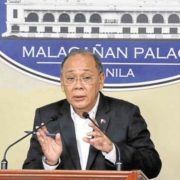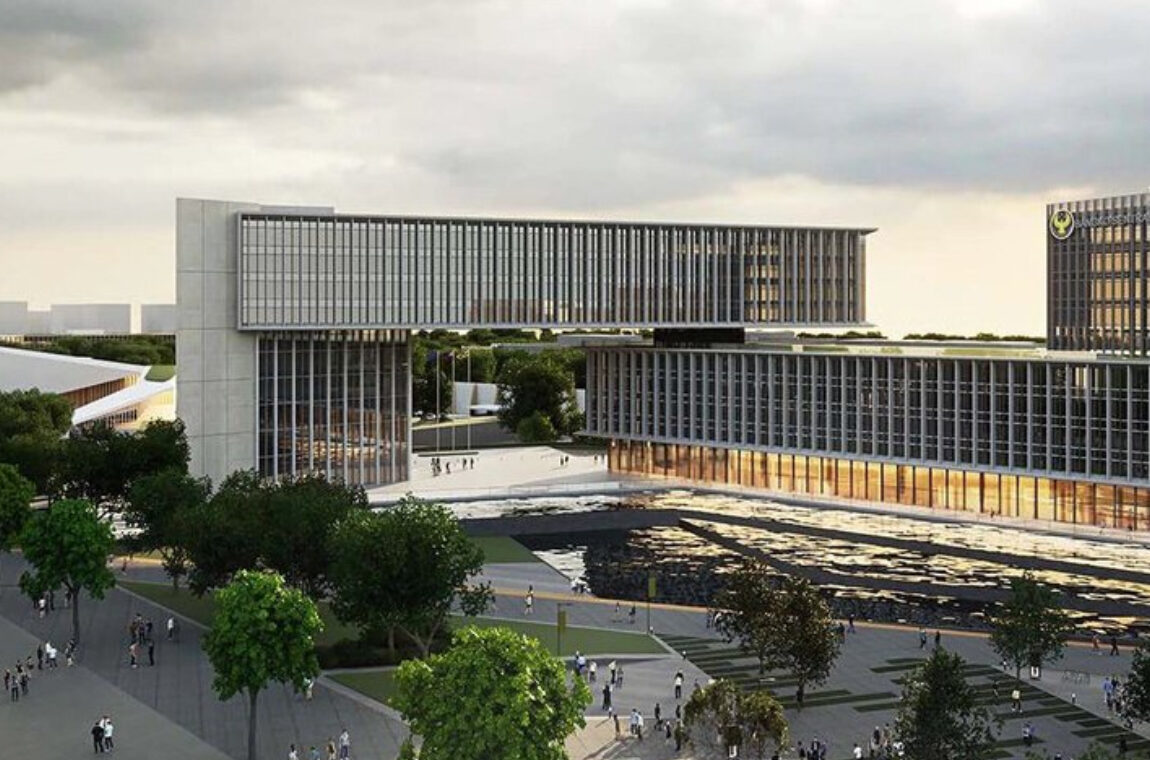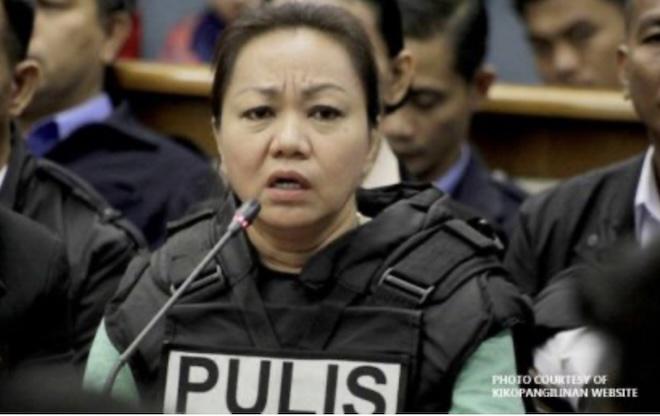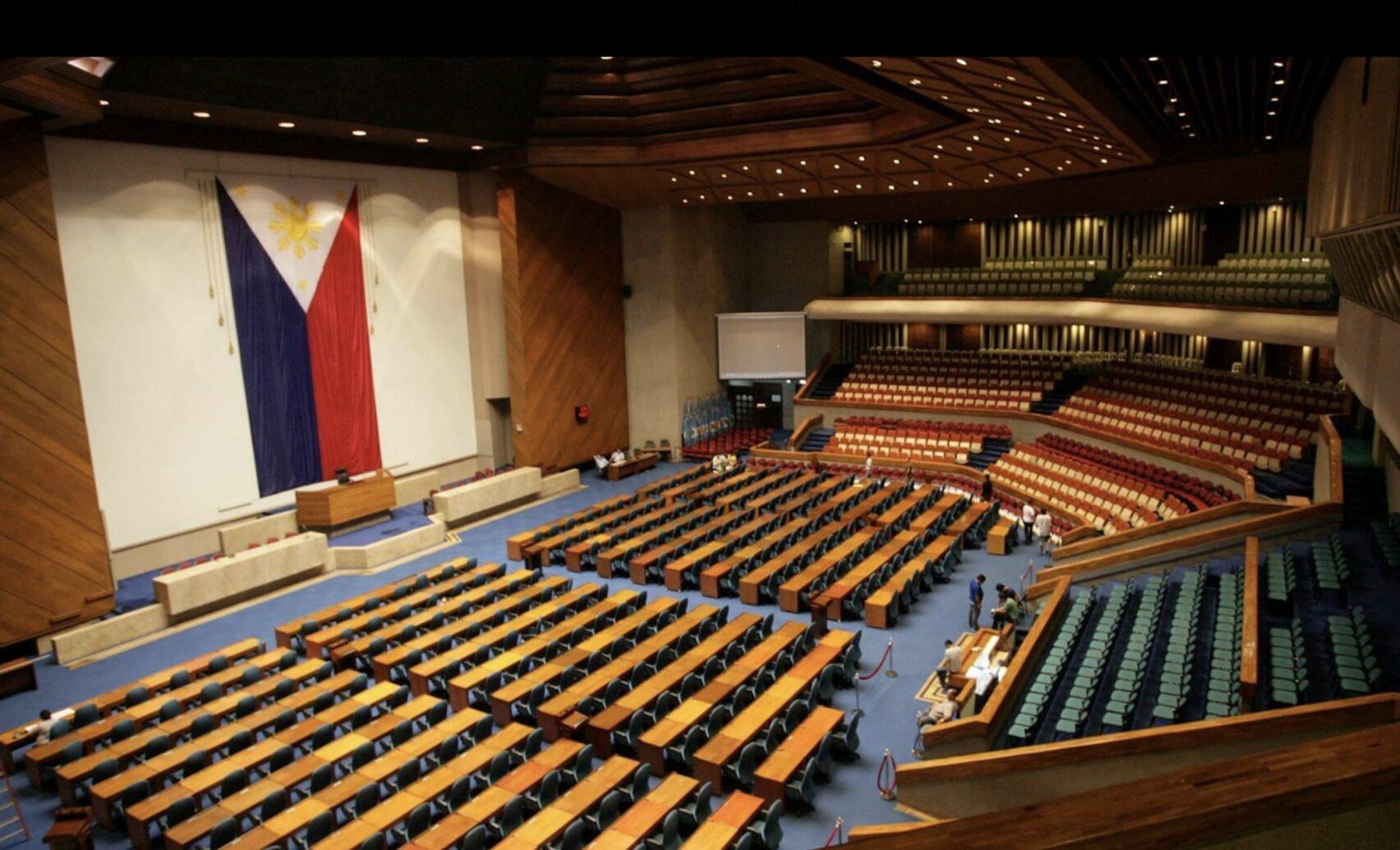The Philippine government on Friday, September 29 said it is open to accept help from its foreign allies in combating narcotics, corruption and criminality in the country, but not “dictation” on the process.
Palace Spokesperson Ernesto Abella made the statement after 39 member-states of the United Nations (UN) recently expressed “serious concern” over Philippine President Rodrigo Duterte’s so-called drug war.
“We will always be happy to accept the help of our foreign friends. But we will never accept dictation on how we are managing our own internal domestic processes,” Abella said.
Iceland, on behalf of 38 other countries, earlier this week criticized the thousands of killings and the “climate of impunity” reportedly linked to the anti-illegal drugs campaign in the Philippines.
During the Asian Forum for Human Rights and Development (Forum-Asia) on Thursday, September 28, Iceland asked the Philippine government “to take all necessary measures to bring these killings to an end.”
It also requested for the Philippines “to cooperate with the international community to pursue appropriate investigations into these incidents.”
Among the signatory countries include Australia, Austria, Belgium, Bulgaria, Canada, Croatia, Cyprus, Czech Republic, Denmark, Estonia, Finland, France, Georgia, Germany, Greece, Ireland, Italy, Latvia, Liechtenstein, and Lithuania.
Luxembourg, Macedonia, Malta, Moldova, Montenegro, Norway, Poland, Portugal, Romania, Slovakia, Slovenia, Spain, Sweden, Switzerland, The Netherlands, UK, Ukraine, and United States also signed the joint statement.
“We remain particularly concerned about the thousands of killings and the climate of impunity associated with the war on drugs, and note the government’s recent stated commitments to observe the due process in investigating these crimes,” Högni Kristjánsson, the permanent representative of Iceland to the UN, said.
Reacting to the international community’s call, the Philippine government insisted that “there is no culture of impunity” in the country.
Abella assured that the Philippines is investigating all of the claims.
“The truth is: Our justice system does not tolerate any state-sponsored extrajudicial killings,” the Palace official said.
He added, “All these accusations of extrajudicial killings and circumventing police procedures should be proven in a competent court and if found meritorious should result in appropriate sanctions against the perpetrators. Failing these, such claims are mere hearsay.”
Abella also lamented at how some parties “refuse to understand certain aspects” of the country’s “human rights efforts.”
He noted that the UN Human Rights Council (UNHRC), as the “highest peer review body in the world on all matters of human rights,” had unanimously accepted and commended the Outcome Report on the Philippines’ Universal Periodic Review (UPR) last May.
“[We] showed the whole world our record in the human rights field. Our accomplishments were well recognized,” the Palace official added.
Abella also slammed Forum-Asia for getting involved.
“It is unfortunate that Asian Forum for Human Rights and Development (Forum-Asia), in their desire to join the discussions on the matter, would rather look at the glass half-empty rather than half-full,” he said.
Forum-Asia previously welcomed the joint statement of the 39 countries.
“If the situation in the country does not improve, the UN Human Rights Council must pass a resolution at its next session in March, establishing an international, independent investigation into killings associated with the ‘war on drugs,’” Forum-Asia executive director John Samuel said.







